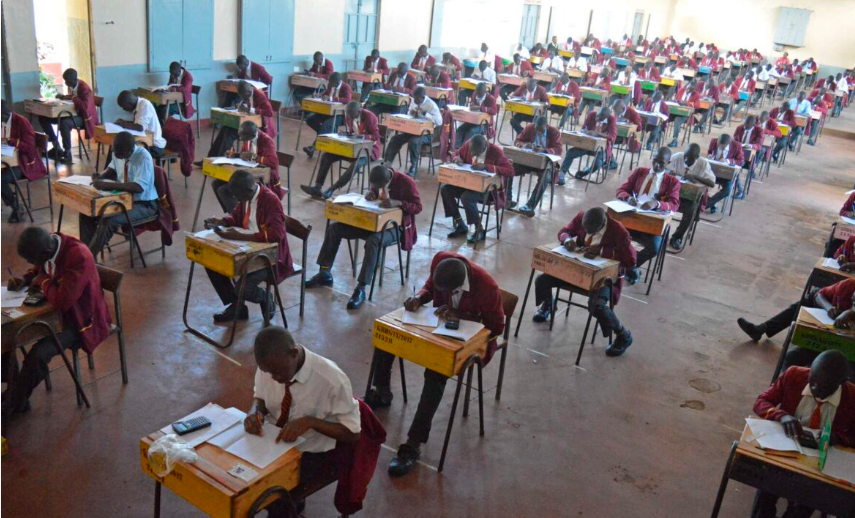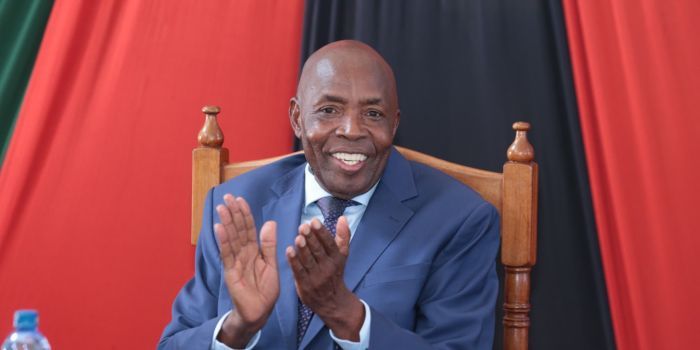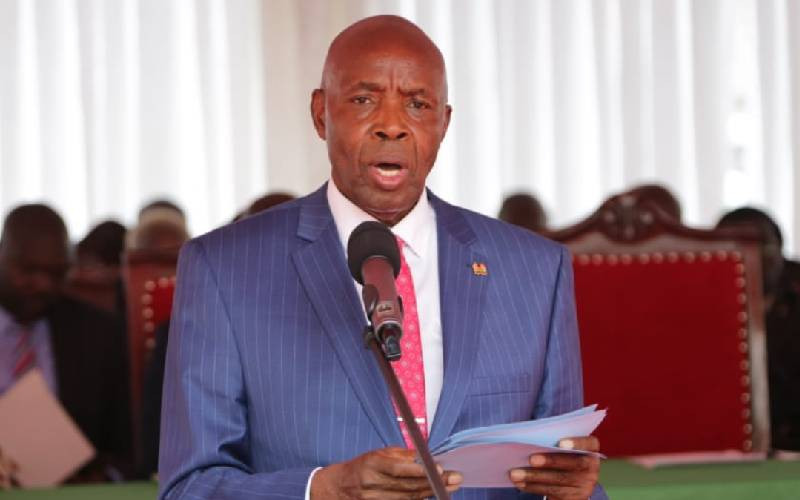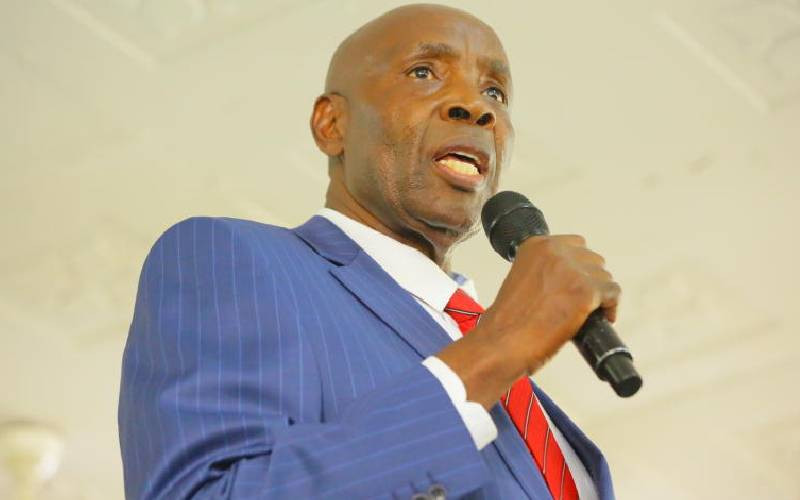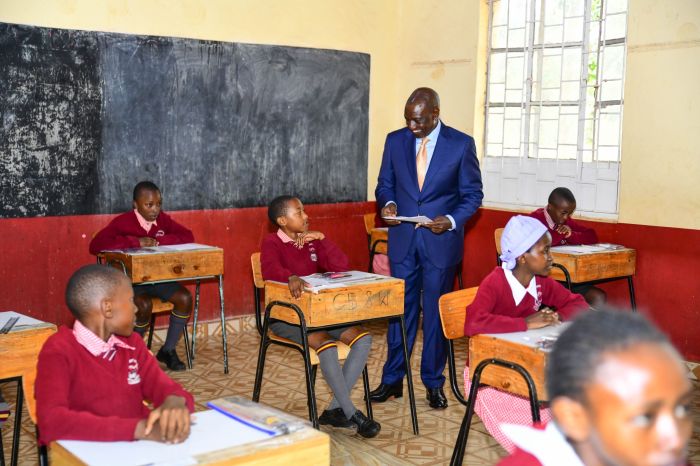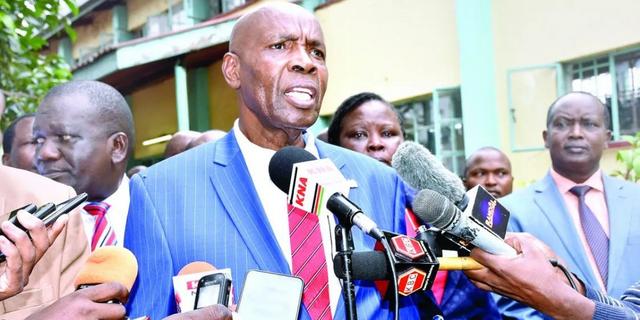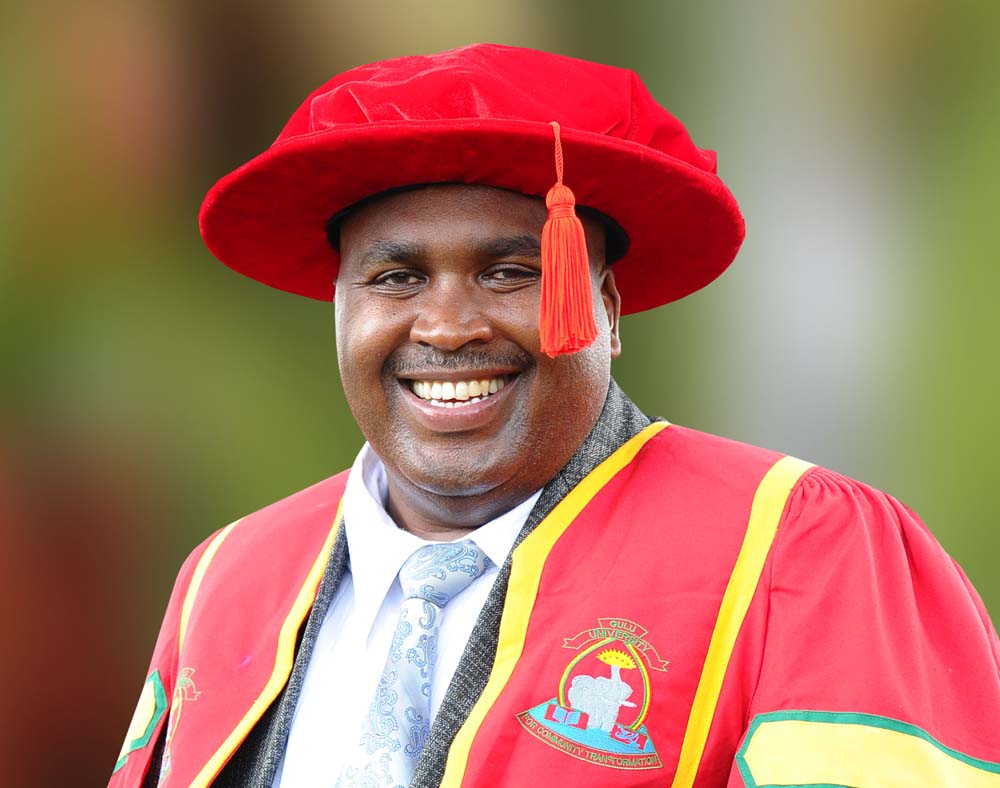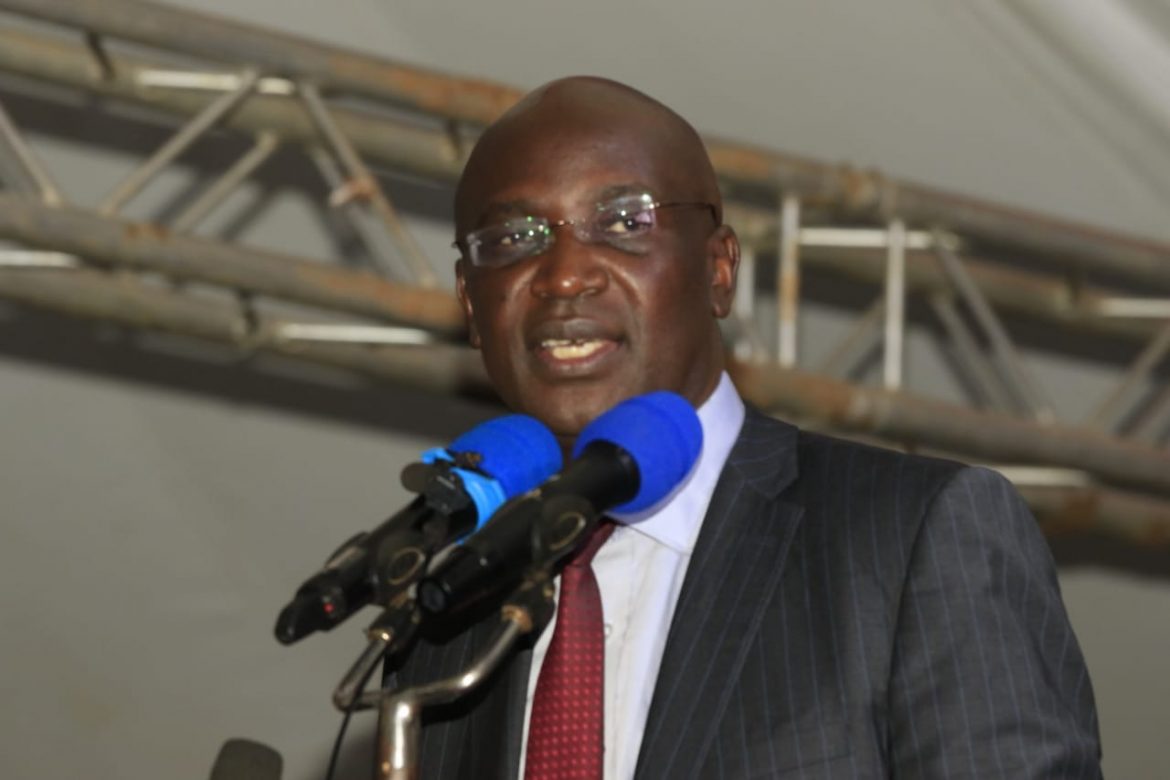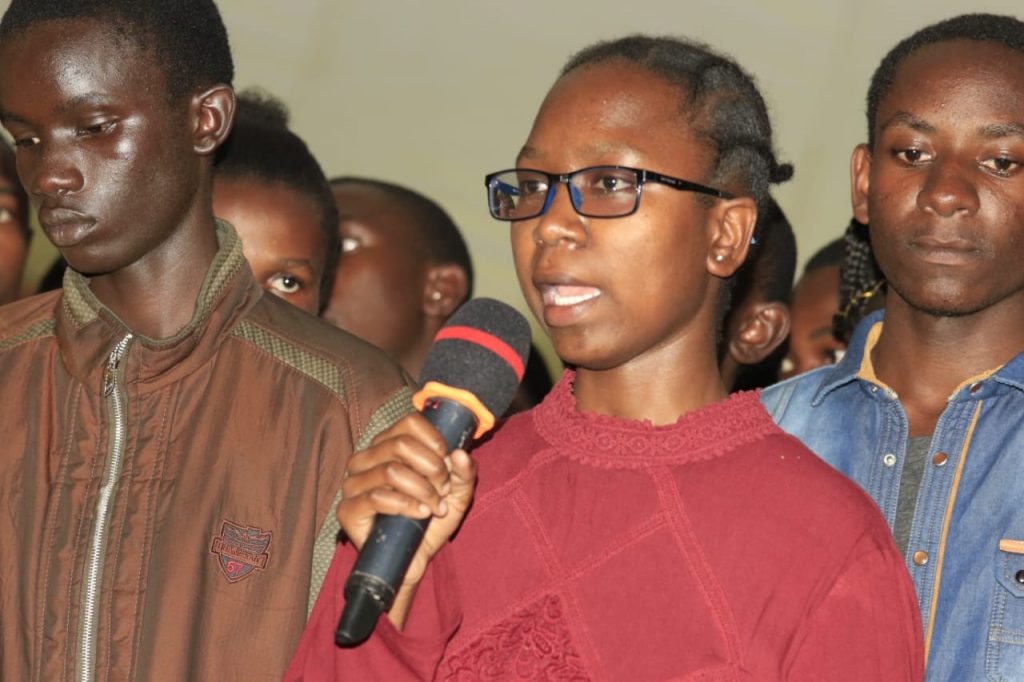It’s the last week of April Holiday. The kids are rushing to finalize their homework and arrange school bags in readiness for the new term. As a parent, you are scrolling your calendar in disbelief, school starts next week. And let’s not even talk about the school supply list the school sent you, did the pencils and the rubbers go missing again over the holiday?
You’re somewhere between excitement that the kids are going back to school and full-blown panic of where to get cash for all that’s required. As the back-to-school hustle intensifies, one thing is clear: parents everywhere are feeling the strain. From school fees to buying supplies, the costs add up quickly. What every parent needs right now is a financial partner, someone who can provide handy, adaptable solutions to assist them deal with these stresses while saving time and keeping them focused.
Digital loans are the ultimate solution for quick, reliable funds, without the hassle. Eazzy Loan is designed to help cover back-to-school expenses, whether it’s paying fees or shopping for supplies. Access funds instantly by dialing *247*6#, using the Equity Mobile App, or Equitel, with no paperwork or branch visits required. You can borrow up to Kshs. 3 million to meet your back-to-school needs.
And if you find yourself short when making payments using Equity *247#, the app, or Equitel, simply accept the Boostika prompt to top up your funds. Simple, fast, and secure.
When it comes to paying school fees, digital payment solutions such as Equity Online provide a seamless and convenient way to settle payments directly to the school’s account in real-time. This service is available on both laptops and mobile devices, allowing you to monitor your payments and ensure everything is settled on time. Simply enter the school’s account number, followed by the student’s name and admission number in the remarks field. You can also download a payment summary for sending to the bursar or school treasurer and for easy reconciliation with the school.
For back-to-school shopping, Pay with Equity offers a convenient, zero-charge solution. Look for the One Equity Till Number sign or ask the merchant if they accept payments via Pay with Equity when shopping. Payments can be made via *247#, the Equity Mobile App, or Equitel, and you can also use your Equity Visa, Mastercard, or Amex cards for FREE. Every shilling counts. Look out for shopping discounts and where you can save a shilling here and there.
To safeguard your child’s pocket money and ensure they can manage their spending with ease, equip them with an Equity Prepaid Card. The card is easily available at any Equity branch and is issued instantly. This secure card ensures your child’s funds are safe from theft or misplacement, giving you peace of mind while allowing your child the freedom to manage their purchases.




